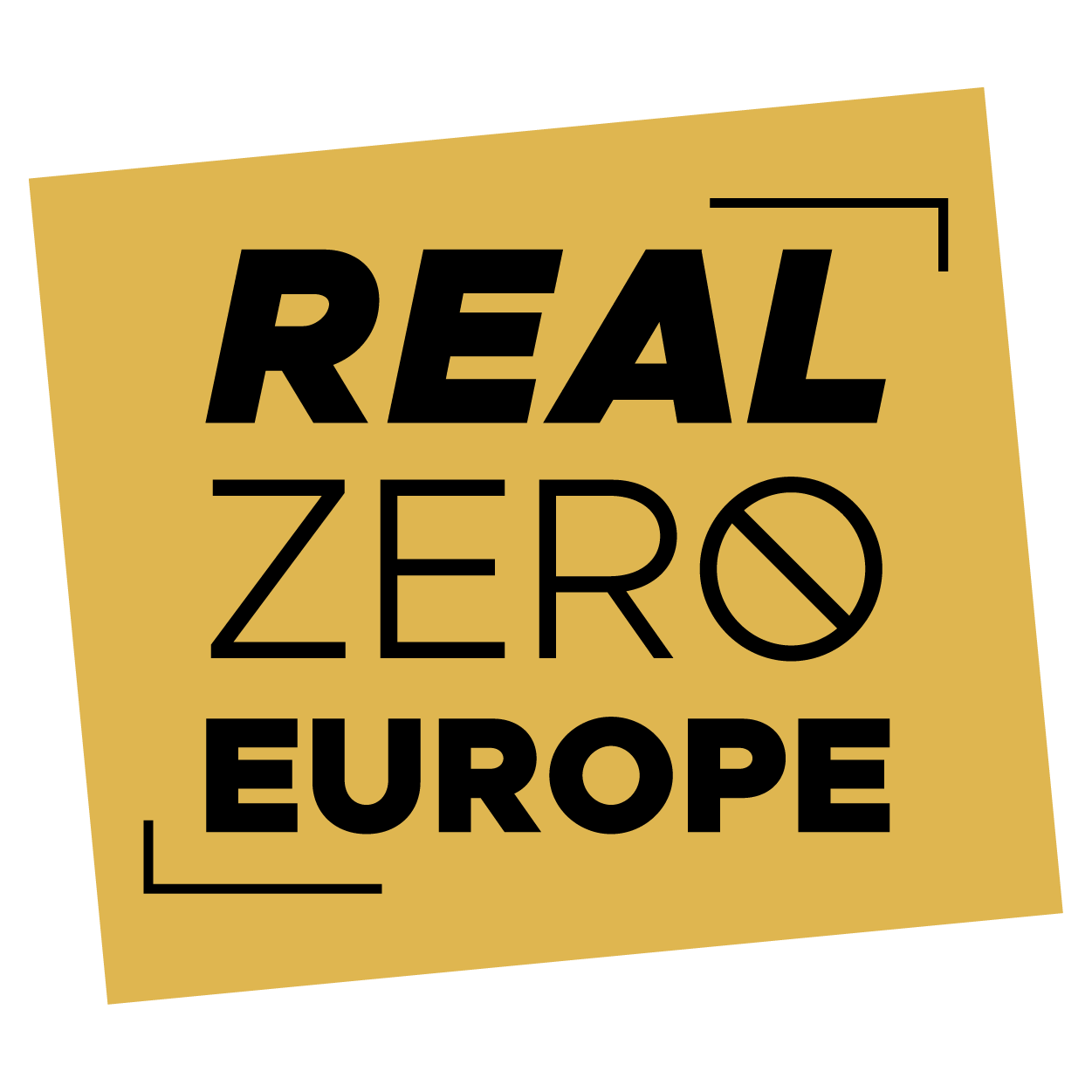Twelve problems with the European Commission’s proposal for a Carbon Removal Certification Framework
This briefing was published by the Institute for Agriculture & Trade Policy (IATP).
In November 2022, the European Commission (EC) delivered its proposal for a European Union (EU) certification framework for carbon removals (CRCF). A flawed CRCF could endanger EU climate action and put the transformation of the agriculture sector on the wrong track. The process of finalising the legislation is as critical to the outcome as the substance of the proposal. Currently, the EC expects a closed and unelected expert group to resolve fundamental issues of the legislation through drafting methodologies that will be certified under the framework. As such, critical elements of the proposal, such as addressing permanence, reversals and measurement of carbon removals, are left for these experts to negotiate independently of the legal text.
The proposal leaves the door wide open for carbon offsets. The German Environment Agency concluded in its analysis that “the proposed framework could undermine the environmental integrity of EU climate policies.” Offsets legitimized by the CRCF could enshrine into EU law a massive loophole for companies to greenwash their greenhouse gas (GHG) emissions and divert climate action away from urgently needed emissions reductions. They could also undermine the systemic transformations needed in the agriculture sector. IATP has assessed the corporate interests invested in the CRCF and published lessons for the agriculture sector from carbon farming schemes in the United States and elsewhere. This policy brief outlines 12 major concerns regarding the EC’s CRCF proposal, including overarching problems with the proposal and issues related to the agriculture and land sector. The brief does not address technological removals.
The views and opinions expressed in the publication are those of the mentioned organisation and do not necessarily reflect the position of all Real Zero Europe members.
